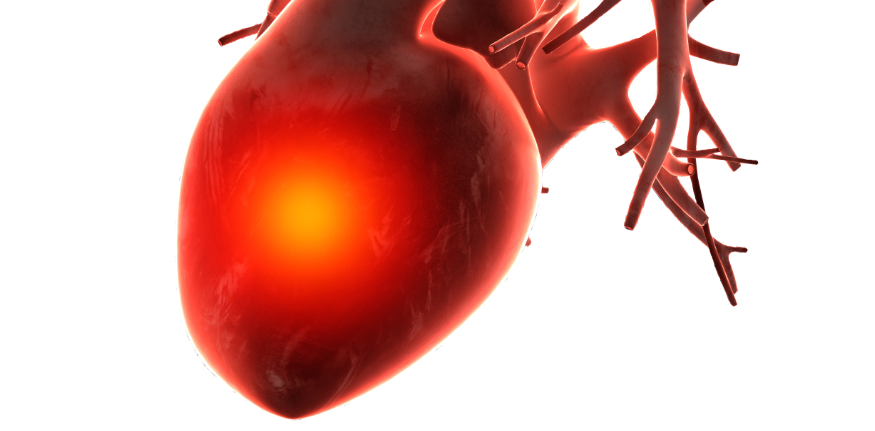No one wants to have a broken heart on Valentines Day, but cardiovascular specialists confirm that it can be a legitimate physical condition.
For years, doctors at the University of Iowa Heart and Vascular Center have been treating patients with “broken heart syndrome.” The syndrome, also known as takostubular cardiomyopathy, occurs when an extreme emotional trauma triggers a physical response.
Linda Lee, a UI associate professor of internal medicine, said experiencing a large amount of stress can cause the heart to balloon.
“It’s pretty abrupt, and it’s unpredictable. It’s usually chest pain and shortness of breath,” she said. “The cause is not entirely understood, but it’s thought to be related to stress and adrenaline release.”
Lee said one of her patients was diagnosed with broken-heart syndrome after learning her daughter had been killed in a car accident. Another woman got it at her mother’s funeral.
“These are very, very stressful events. You don’t see it if you’re going to take a test,” she said. “It’s a real emotional kind of stress, the kind of phone call you never want to get.”
Milena Gebska, a UI clinical assistant professor in the Heart and Vascular Center said she has had similar experiences with broken-heart syndrome in her patients.
“I had a patient who had this disease on the one-year anniversary of her husband’s death,” she said. “It was exactly on the same date that the husband died a year prior.”
RELATED: UIHC warns of bacterium
Fortunately, not everyone is at risk of having broken-heart syndrome. Gebska said the disease primarily affects women over the age of 55.
“Usually, it happens in postmenopausal women,” she said. “We believe women are more vulnerable because their estrogen levels drop.”
Eric Martin, a cardiologist at the Iowa Heart Center in West Des Moines, said the disease mimics the symptoms of a heart attack, in the sense patients experience chest pain and the weakening of the heart muscle.
“But when these patients go into the angiogram lab, there is no blockage to explain it,” he said, “They have all the things that come with a heart attack except for a blocked artery.”
Martin said the heart will eventually heal after being broken.
“It’s self-limiting, meaning that the heart muscle dysfunction normalizes in an average of about 30 days,” he said.
However, Gebska said she has seen people die from the disease if they don’t get proper treatment.
“The patients actually can die of this if they don’t seek medical attention,” she said. “If they survive the acute phase, the prognosis is pretty good.”
She also said the disease is hard to prevent, and the risk factors are largely unknown.
“About 5 percent of all the women who come in with a heart attack will end up having not a real heart attack but this stress-induced cardiomyopathy,” she said.



